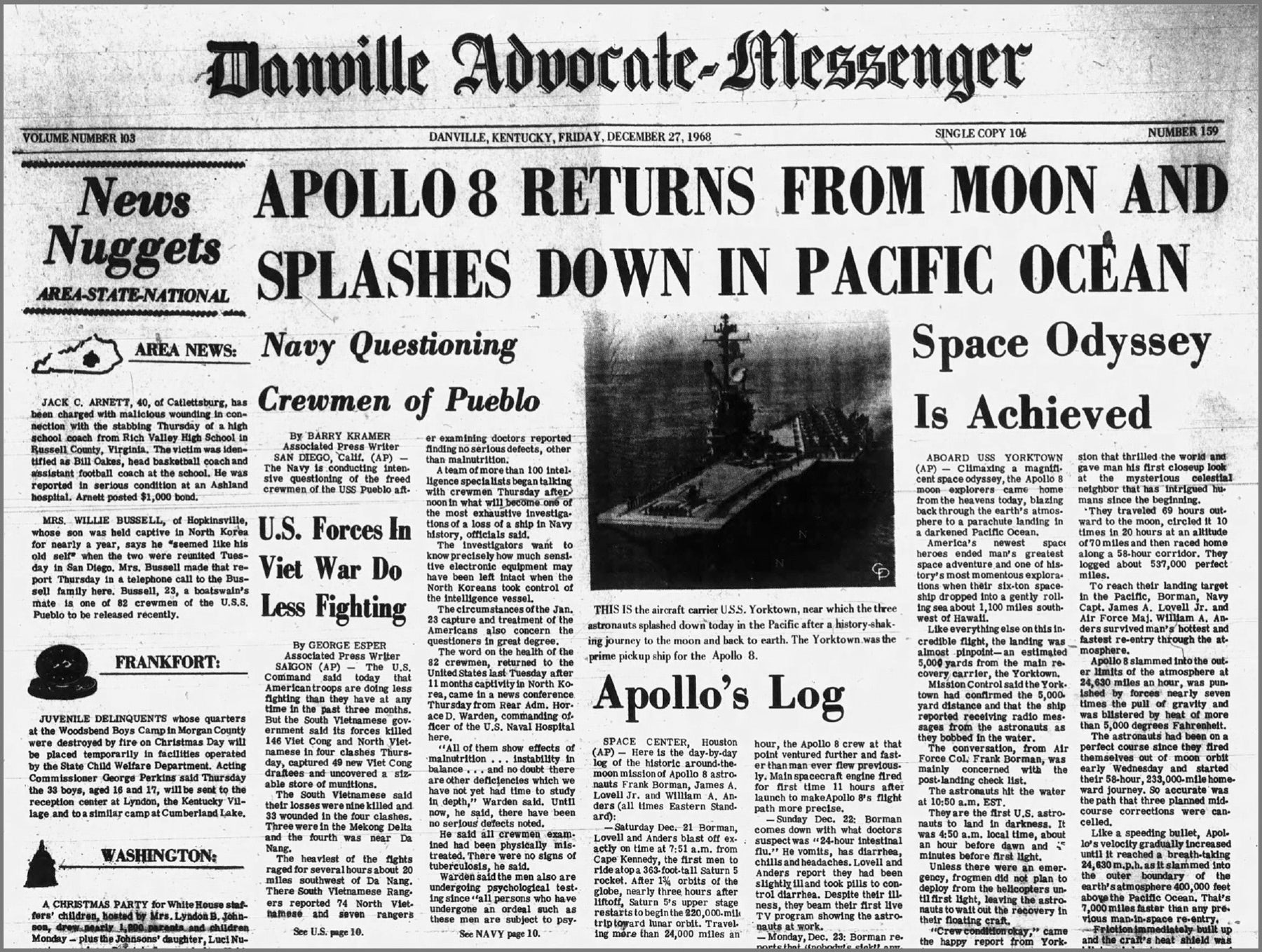To Your Good Health: Find the right med and dosage to treat protein S deficiency
Published 3:00 pm Tuesday, June 15, 2021

DEAR DR. ROACH: My father was diagnosed with protein S deficiency, but there isn’t much information on it. I’m unable to find a doctor who specializes in it or even knows about it. His health is declining fast, and we are thinking it might be linked to this. The amount of Lovenox he has to inject daily is equivalent to an ICU patient needing life-saving intervention. His blood clots so quickly that you would think sand flows through his veins. Is there a way to reverse this or at least correct the clotting? — E.O.
ANSWER: Almost all of the many blood-clotting “factors” are made in the liver. Most are so named because they help the blood clot. Deficiencies in these factors cause an inability to form normal clots and therefore increase bleeding risk. Hemophilia is the best example of this. However, protein C and protein S work the other way — they tend to slow down the blood-clotting response. Thus, deficiencies in proteins C and S, which are almost always inherited, put people at risk for excess clotting. These clots are most dangerous when they break off from the deep leg and hip veins, where they most commonly form, and flow into the lungs, a condition called a pulmonary embolus.
Protein S deficiency is managed with direct oral anticoagulants, such as apixaban (Eliquis) or by the vitamin K antagonist warfarin (Coumadin). Injection medicines like enoxaparin (Lovenox) are usually reserved for people for whom oral agents have failed. It is not unusual to have some difficulty adjusting the dose, but an expert (a hematologist) can help find the right medicine at the right dose to minimize both clotting and bleeding risks. Some hematologists have a special interest in disorders of blood clotting, but any hematologist will know how to treat protein S deficiency.
* * *
DEAR DR. ROACH: I recently finished my COVID-19 vaccination. I had the first injection at my local pharmacy, and they marked on my vaccination record card that I received the Moderna vaccine with a lot number.
Twenty-eight days later, I went to the same pharmacy for the second injection. At that time, the pharmacist told me that there was some discrepancy, and that I had actually received the Pfizer vaccine, so they gave me a second dose of Pfizer vaccine and corrected my vaccination card.
I want to trust my pharmacy, but my question is whether there is any danger from getting one vaccine from Moderna and another from Pfizer. I had only side effects of a sore arm but felt a little out of sorts for a day after the second vaccine. — D.K.A.
ANSWER: I contacted Moderna and Pfizer, and both said the lot number you reported was not a valid lot number (it’s not a valid Johnson & Johnson number either). Your pharmacy clearly made an error in recording the vaccine information.
There was a time when vaccines were not reliably available, and some patients were faced with the choice of getting a second dose from a different manufacturer versus waiting to see if their manufacturer would get vaccine available. Accordingly, the Centers for Disease Control and Prevention gave guidance that in these situations, if a person received a dose from one manufacturer and a second from a different manufacturer, the vaccine was considered acceptable and would not need to be repeated. The technology of the Pfizer and Moderna vaccines is very similar.
Researchers are beginning to study whether mixing vaccine technology will give better or worse results; however, the data now show that two doses from the same manufacturer are highly effective and safe.
* * *
Dr. Roach regrets that he is unable to answer individual letters, but will incorporate them in the column whenever possible. Readers may email questions to ToYourGoodHealth@med.cornell.edu or send mail to 628 Virginia Dr., Orlando, FL 32803.
(c) 2021 North America Syndicate Inc.
All Rights Reserved






